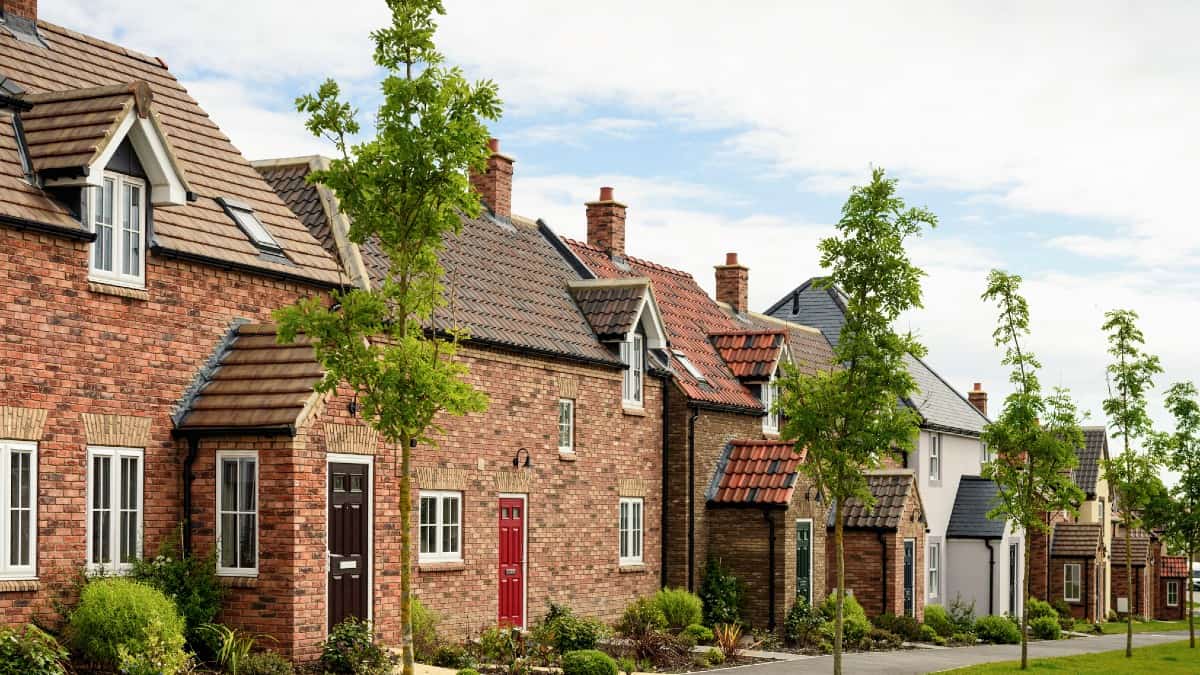“I don’t have any cash to spare. Can I get a mortgage without a deposit?” If you’ve ever asked this question, here’s what you should know about no deposit mortgages and whether they’re available to you.
[top_pitch]
Can I get a mortgage without a deposit?
It is possible, yes. They’re called ‘0 deposit mortgages’, or ‘no deposit mortgages’, and they allow you to borrow the full purchase price of a property without putting any money down.
Why is this different from most mortgages? Well, most lenders expect you to put down at least a 5% or 10% deposit before they’ll offer a home loan. However, some buyers simply don’t have the resources (or the time) to save. In such cases, no deposit mortgages can help people to get on the property ladder sooner rather than later.
Who can get a mortgage without a deposit?
Here’s the thing. While no deposit mortgages exist, they’re very difficult to get. Why? Because they’re a big risk for lenders. Essentially, if you can’t afford a deposit, lenders can be concerned that you won’t manage your home loan repayments. Not many lenders even offer these mortgages now, so they’re even harder to get than they were before.
To get a mortgage with no deposit, you’ll usually need two things:
- a guarantor
- a good credit score
A guarantor is a friend or family member who ‘guarantees’ to make the monthly payments if you can’t. They either offer up some savings as security for the loan, or they secure the loan against their own home.
It’s risky for the guarantor because if you both end up defaulting on the loan repayments, they could lose their savings or their property. They should seek independent financial advice before agreeing to act as a guarantor.
A good credit score reassures lenders that you’re likely to make your loan repayments. You’re unlikely to get a no deposit mortgage without this.
In short, unless you’ve got a solid credit score and a guarantor behind you, a no deposit mortgage is probably off the table.
[middle_pitch]
How do I get a mortgage without a deposit?
There are a few steps involved:
- Consider speaking with a financial adviser before you apply for any mortgage. They’ll give you advice based on your individual circumstances. Be aware that they’ll usually charge for their services. For your protection, check they’re FCA registered before you make an appointment.
- Ensure you’ve got at least a year’s worth of payslips to hand. If you’re self-employed, compile a copy of your tax returns for the last few years.
- Compare 0% deposit mortgages on comparison websites, or speak with a mortgage broker.
Remember that even if you don’t have a guarantor or a good credit score, it’s possible for a family member or friend to gift you the money for a deposit. So, although this technically isn’t a no deposit mortgage, it’s a way to secure a mortgage without saving on your own.
A financial adviser could perhaps give you more information on how gifted deposits work.
Is it worth getting a mortgage with no deposit?
Well, it all depends on your individual situation. Let’s run over the main pros and cons.
Pros
- A no deposit mortgage gets you on the property ladder right away. So, if you’re renting and can’t afford to save up a deposit, this might be a plus point.
- If you’re already sitting on negative equity (you owe more than your house is worth), a 0% deposit mortgage might make it easier for you to move.
Cons
- Since you’ll probably need a guarantor, their home is at risk if either of you defaults on the payments.
- Not many lenders offer no deposit mortgages, so you probably won’t find competitive interest rates.
Every situation is different, so think very carefully about your individual circumstances before you commit to a no deposit mortgage.
Takeaway
While you can get a mortgage without a deposit, it’s not always the best option. It can be very difficult to find someone to guarantee your loan, and you’ll probably pay a higher interest rate than if you pay, say, a 10% deposit.
Instead, it might be worth focusing on saving money for a deposit over the short term and checking out the government schemes available to help first-time buyers.
Before you apply for a mortgage of any kind, you might want to get financial advice so that you fully understand the risks involved. And if you’re rejected for a mortgage, hold off applying for another one straight away – you could damage your credit score.







